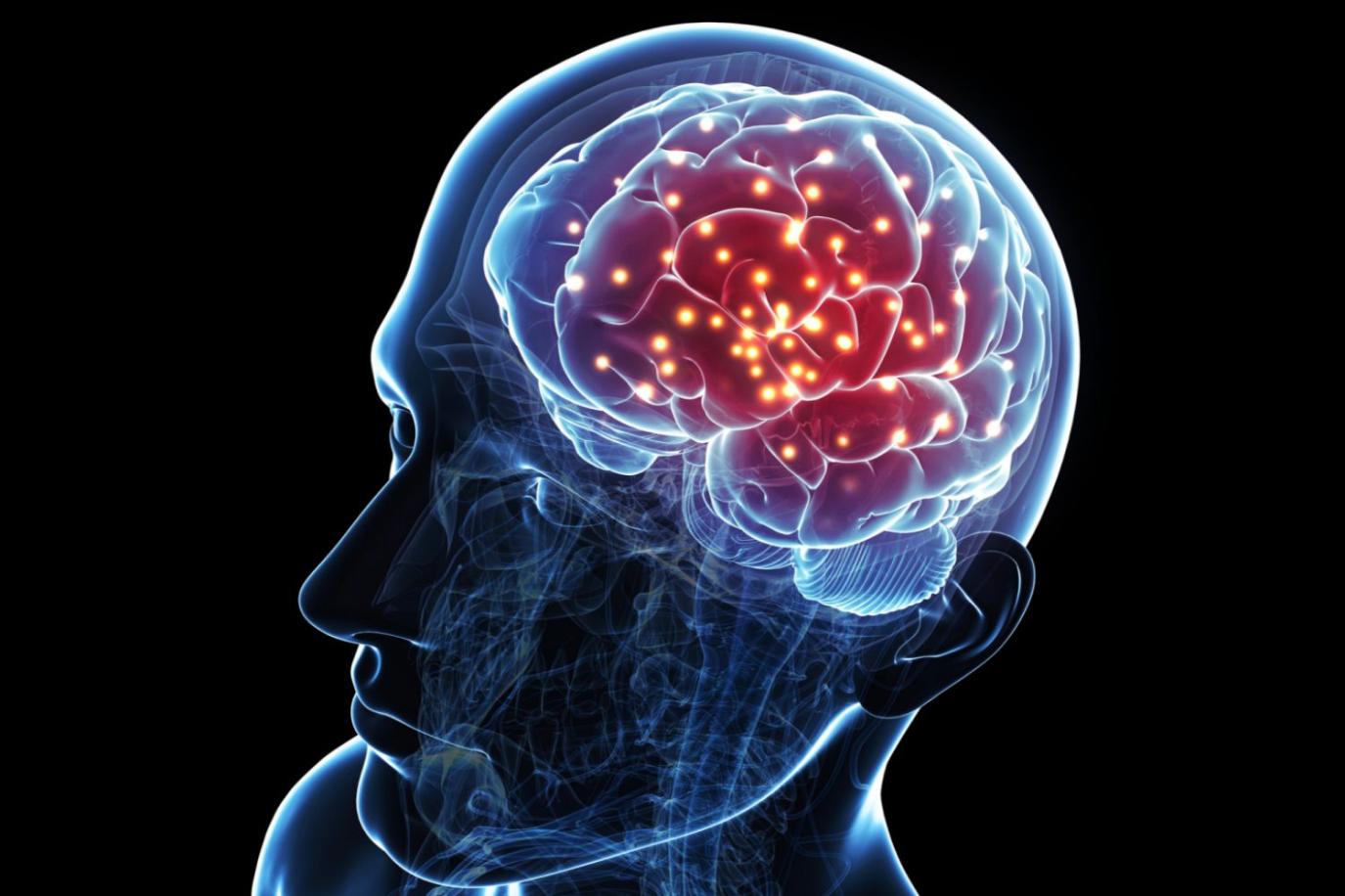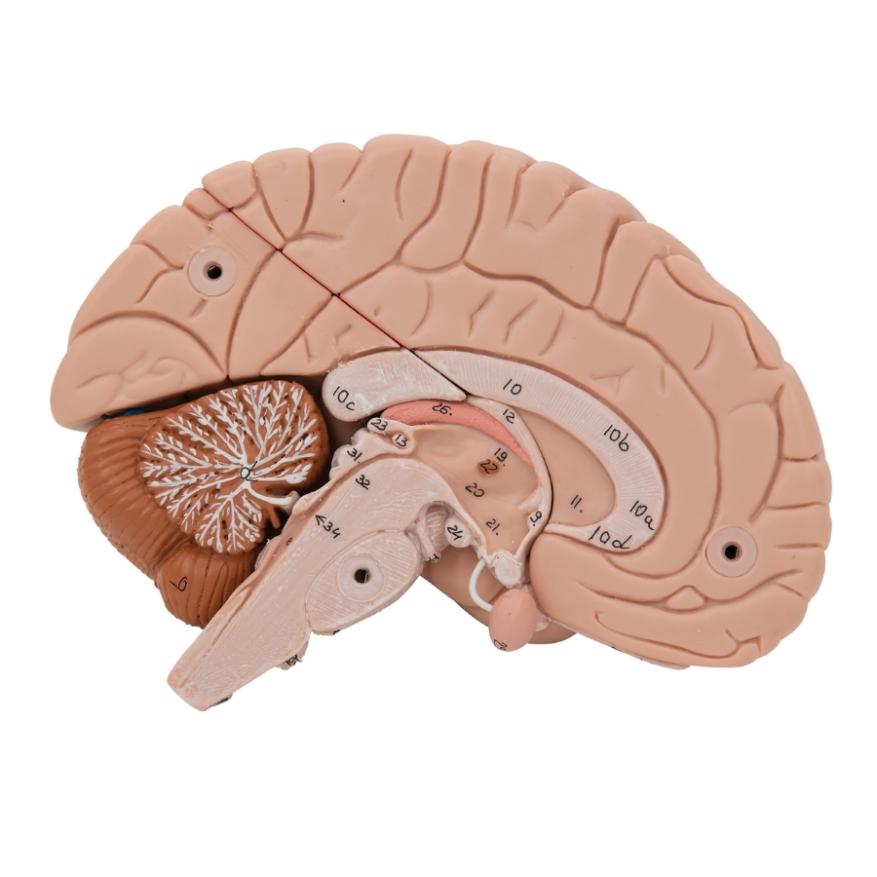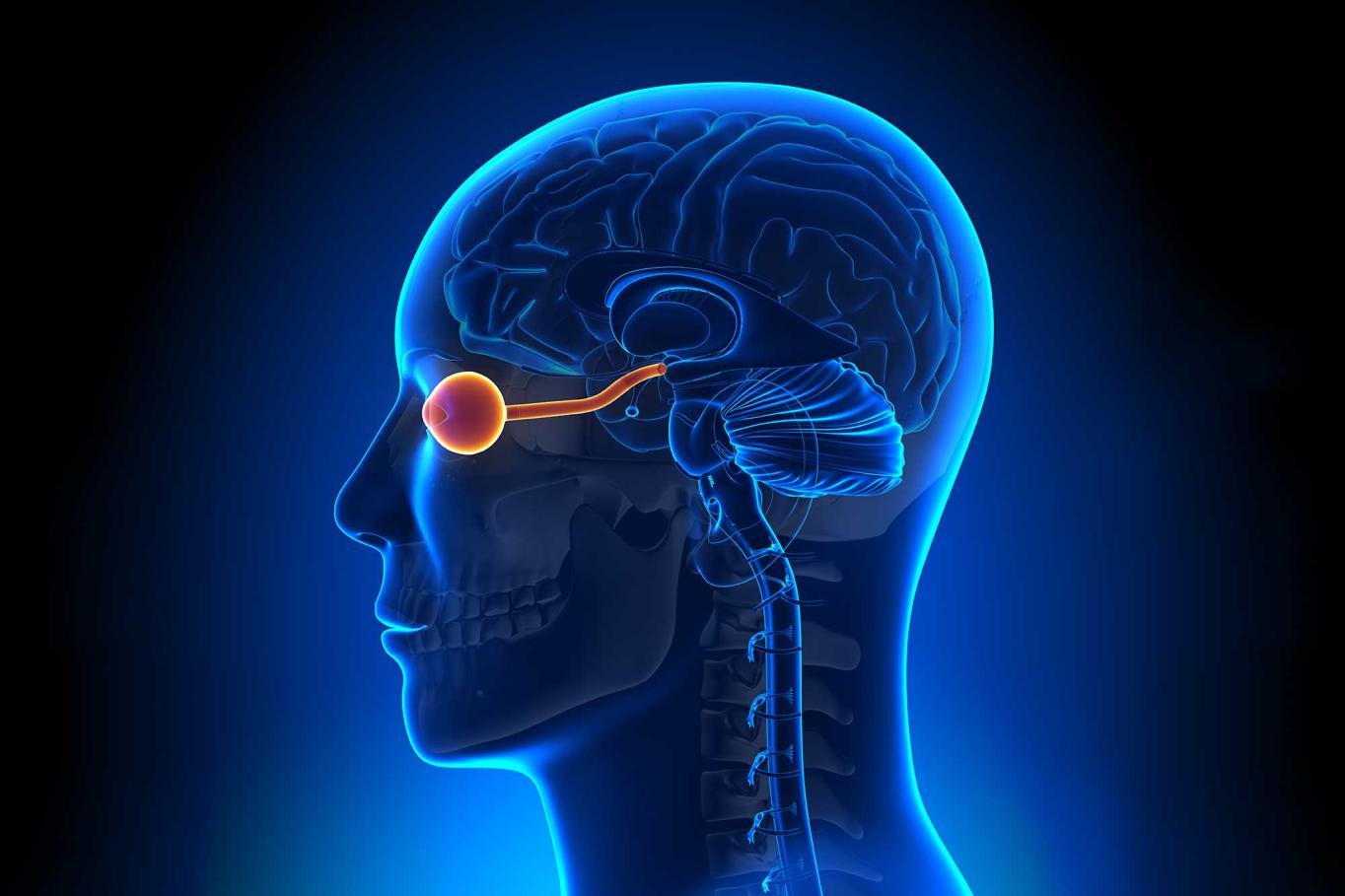Delving into the Brain's Control Center: Understanding the Role of the Cerebrum
In the vast expanse of the human body, there lies a remarkable organ that orchestrates our every thought, action, and emotion - the brain. At the helm of this intricate network of neurons, the cerebrum stands as the control center, a command post where consciousness, cognition, and movement converge.

Structure And Anatomy Of The Cerebrum:
Nestled within the protective confines of the skull, the cerebrum occupies the lion's share of the brain's volume. Divided into two hemispheres, left and right, it is further subdivided into four lobes: frontal, parietal, temporal, and occipital.
- Frontal Lobe: The executive center of the brain, responsible for decision-making, planning, and problem-solving.
- Parietal Lobe: Processes sensory information, including touch, temperature, and spatial awareness, and plays a role in mathematical abilities.
- Temporal Lobe: Governs memory, language comprehension, and auditory processing, including music and speech.
- Occipital Lobe: Dedicated to visual processing, enabling us to perceive and interpret the world around us.
Key Functions Of The Cerebrum:
The cerebrum's vast repertoire of functions encompasses our higher-order cognitive abilities, motor control, and coordination.
Higher-Order Cognitive Functions:
- Consciousness and Awareness: The cerebrum allows us to perceive and interact with the world around us, forming the very essence of our subjective experience.
- Attention and Focus: It enables us to selectively attend to relevant information and ignore distractions, directing our mental resources where they are needed most.
- Memory and Learning: The cerebrum is responsible for encoding, storing, and retrieving memories, as well as facilitating learning, allowing us to accumulate knowledge and adapt to our environment.
- Language and Communication: The cerebrum allows us to comprehend and produce language, enabling communication with others and the sharing of ideas and emotions.
Motor Control and Coordination:
- Voluntary Movement: The cerebrum initiates and coordinates voluntary movements of the body, from the delicate touch of a pianist's fingers to the powerful strides of a runner.
- Balance and Equilibrium: The cerebrum helps maintain balance and equilibrium by processing sensory information from the body and making adjustments accordingly, ensuring our steady gait and graceful movements.
Disorders And Conditions Affecting The Cerebrum:
The cerebrum's intricate network of neurons and connections is susceptible to a range of disorders and conditions that can disrupt its normal functioning.
- Stroke: A sudden interruption of blood flow to the cerebrum, leading to damage and loss of function, can result in a range of symptoms, including paralysis, speech difficulties, and cognitive impairment.
- Traumatic Brain Injury (TBI): Damage to the cerebrum caused by external forces, such as a blow to the head, can lead to a spectrum of symptoms, from mild concussion to severe disability.
- Dementia: A decline in cognitive abilities, including memory loss, impaired judgment, and difficulty with language, dementia can be caused by various factors, including Alzheimer's disease and vascular dementia.
- Epilepsy: A neurological disorder characterized by recurrent seizures, which can originate in the cerebrum, causing sudden and uncontrolled electrical disturbances in the brain.

The cerebrum, the control center of the human brain, is a marvel of nature, responsible for our consciousness, cognition, and movement. Its intricate structure and vast repertoire of functions underscore its importance in human life. As we continue to unravel the complexities of the cerebrum, we gain a deeper appreciation for its remarkable capabilities and the need to protect and nurture this vital organ.
Further research is crucial to understanding the intricate workings of the cerebrum and addressing the neurological disorders that can disrupt its normal functioning. By promoting brain health through healthy lifestyle choices, we can safeguard this extraordinary organ and preserve its remarkable abilities.

YesNo

Leave a Reply